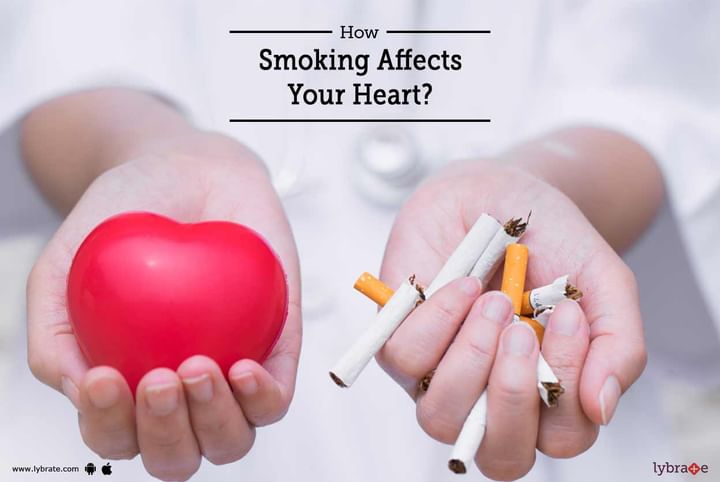How Smoking Affects Your Heart?
Smoking harms almost every part of your body, and it is no different when it comes to your heart. People who smoke are almost twice as likely to have heart problems compared to individuals who do not smoke.
How smoking impacts your cardiac health?
Smoking increases the risk of developing various kinds of cardiovascular problems such as stroke, coronary heart disease among others. It damages the lining of the arteries which in turn, paves the way for building up of fatty substances called atheroma which narrows down the artery. As a result, this could lead to heart attack, angina or stroke.
Carbon monoxide present in tobacco reduces the amount of oxygen in the blood. This indicates that the heart has to work harder for supplying the required amount of oxygen. Cigarettes also contain nicotine which stimulates the production of adrenaline. This makes the heart to beat at a faster pace and raises the blood pressure level.
The chemicals present in the smoke of tobacco can harm your blood cells and also harm the normal functioning of the heart. When not inhibited, it can lead to atherosclerosis. Atherosclerosis is an ailment in which a waxy material, termed as plaque builds up in the arteries and limits the flow of blood to different body parts.
Overtime, when plaque builds up in the arteries, it causes coronary heart disease, and you are likely to experience symptoms of heart failure, heart attack and arrhythmia and in some cases it may even lead to death.
Smoking is a major risk factor for another fatal ailment called the peripheral artery disease or PAD. PAD is a common circulatory problem where the accumulation of plaque in the arteries inhibits carriage of oxygen-rich blood to the head, different organs, and limbs.
In case of chain smokers, it is likely for blood clots to form, which increases the risk of having a stroke or heart attack.
Second-hand smoking
Second-hand smoking is also commonly called as Environmental Tobacco Smoke (ETS). It is defined as passive smoking, which means inhaling the smoke ejected while smoking. When a person is regularly exposed to smoke, he or she is likely to have low levels of good cholesterol, damaged heart tissues, and high blood pressure. Various researchers are of the opinion that second-hand smoke of tobacco is a viable cause of heart ailments in nonsmokers. This simply means that, if you are a smoker, it is certain that harmful effects will be experienced by people in your surroundings.
Quitting smoking is the best idea
If you want to prevent the risk of suffering from heart related problems, the best way is to stop smoking. Also, try to avoid coming in contact with second-hand smoke. If anyone among your friends or family members smokes, encourage them to quit it and enjoy a healthier life.


+1.svg)
